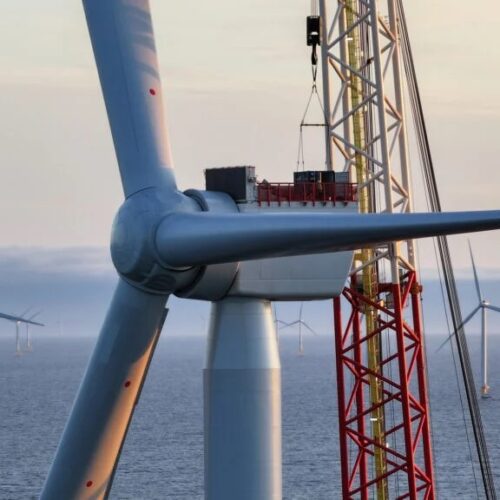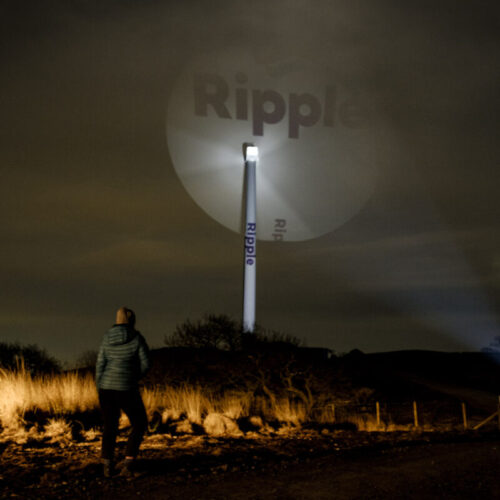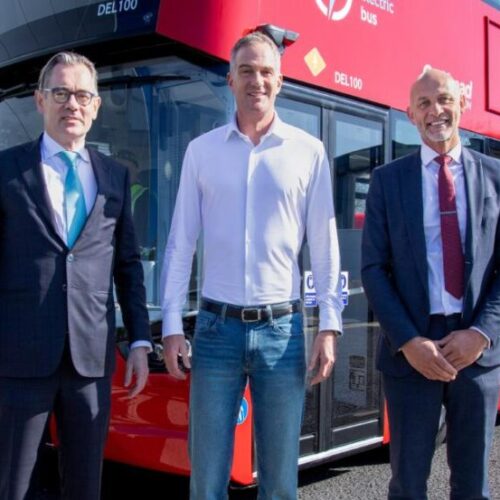At the inaugural AI Energy Council meeting, UK government ministers, grid representatives and private partners agreed on five priorities for the council to integrate artificial intelligence (AI) into delivering the Clean Power 2030 Action Plan.
The AI Energy Council was first unveiled in January as part of the government’s response to the AI Opportunities Action plan, and looks to bring together experts from both fields, including Ofgem, the National Energy System Operator (NESO) and private partners including EDF and Google. The council’s first meeting was co-chaired by secretary of state for science, innovation, and technology Peter Kyle and secretary of state for energy security and net zero, Ed Miliband.
“We are making the UK a clean energy superpower, building the homegrown energy this country needs to protect consumers and businesses, and drive economic growth, as part of our Plan for Change,” said Miliband, referring to the government’s long-term goal to, among other targets, meet 95% of the country’s electricity demand with low-carbon sources by 2030.
“AI can play an important role in building a new era of clean electricity for our country and as we unlock AI’s potential, this council will help secure a sustainable scale up to benefit businesses and communities across the UK,” added Miliband.
Attendees agreed on five key priorities for the council, which is set to meet quarterly: ensuring the UK’s energy system can support its AI and computer infrastructure; promoting sustainability and the use of renewable energy; prioritising the safe and secure adoption of AI across the energy system; advising on how AI can be used to deliver net zero targets; and using AI to help make the grid more flexible.
“AI will play an increasingly important role in transforming our energy system to be cleaner, more efficient, and more cost-effective for consumers, but only if used in a fair, secure, sustainable and safe way,” added Ofgem CEO Jonathan Brearley.
The need to align energy and AI initiatives is significant, considering the government’s plans to expand the UK’s AI sector, and the high electricity demands that that sector brings. The government’s AI Growth Zone initiative – the earmarking of areas where businesses can benefit from incentives, infrastructure and streamlined planning processes for investing in AI – looks to encourage AI investments in the country, which will likely drive up the UK’s overall energy demand.
Figures from consultancy firm DNV suggest that global energy demand will double by 2050, and closer to home, figures from 2023 show that, over summer, data centres alone occupied 21% of the Ireland’s total electricity usage.






